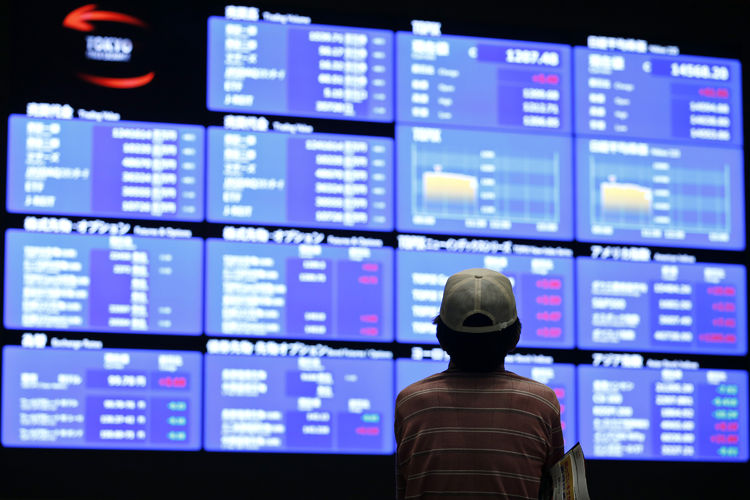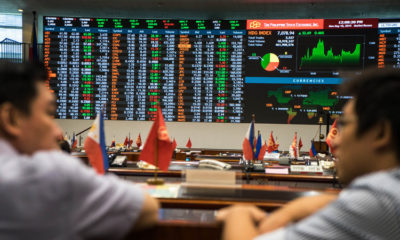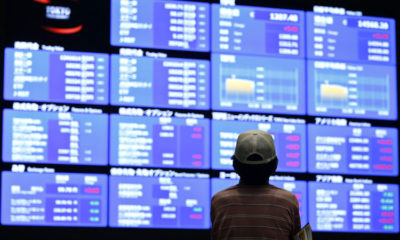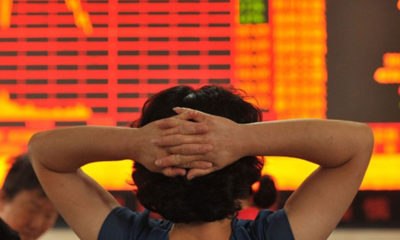Markets
Asian Stock Markets Rise on U.S. Debt Ceiling Optimism, Sony’s Spin-off Plans Boost Nikkei

Crude Oil
Federal Government Allows Indigenous Refineries to Purchase Crude Oil in Naira or Dollars
Commodities
Citigroup Predicts $3,000 Value Amidst Investor Surge
Crude Oil
Oil Prices Dip Amidst Middle East Tensions, Market Reaction Limited
-

 Forex1 week ago
Forex1 week agoZiG to the Rescue: Zimbabwe Shifts Gear with New Currency Backed by Gold
-

 Naira4 weeks ago
Naira4 weeks agoDollar to Naira Exchange Rate at Black Market Today, March 21st, 2024
-



 Naira1 week ago
Naira1 week agoDollar to Naira Black Market Today, April 9th, 2024
-

 Company News4 weeks ago
Company News4 weeks agoNNPC Gears Up for Public Listing, Embraces Full Commercialization
-



 Naira1 week ago
Naira1 week agoDollar to Naira Black Market Today, April 8th, 2024
-





 Naira3 weeks ago
Naira3 weeks agoDollar to Naira Black Market Today, March 26th, 2024
-

 Billionaire Watch6 days ago
Billionaire Watch6 days agoNigerian Billionaire Tony Elumelu Contemplates Acquiring NPFL Club
-

 Banking Sector3 weeks ago
Banking Sector3 weeks agoSafaricom, Access Holdings Forge Partnership to Revolutionize Remittance Corridor in Africa




















